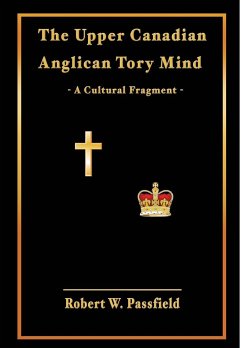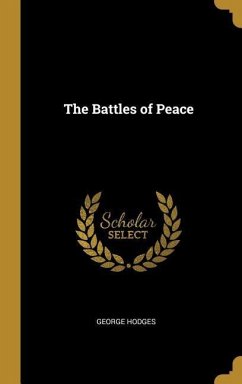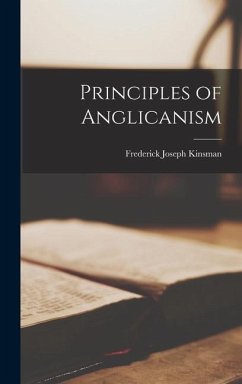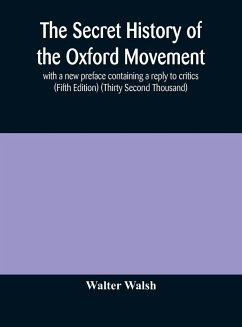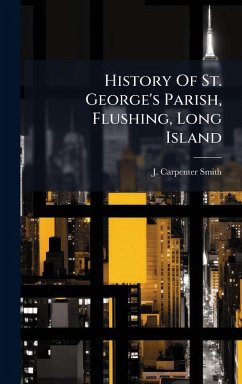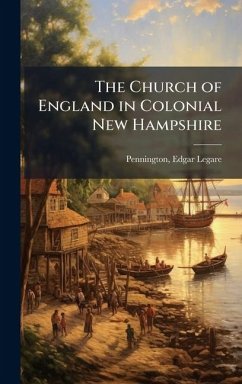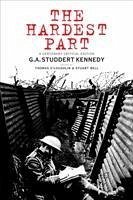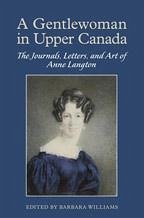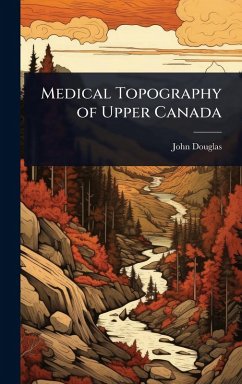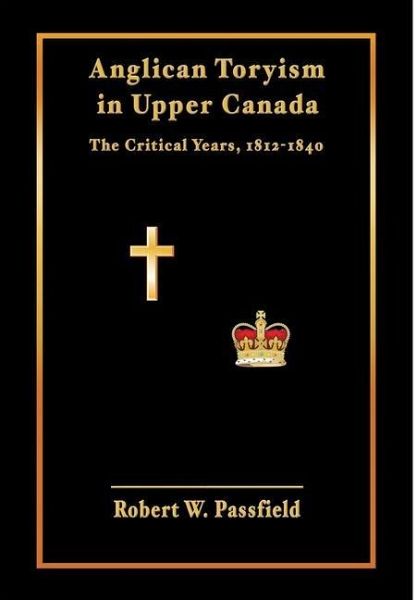
Anglican Toryism in Upper Canada
The Critical Years, 1812-1840
Versandkostenfrei!
Versandfertig in über 4 Wochen
46,99 €
inkl. MwSt.

PAYBACK Punkte
23 °P sammeln!
In Upper Canada it was the Anglican Tories alone who articulated a national vision for the province and who struggled to defend a traditional Church-State 'nation' in North America independent of the new United States. Had the Tories not acted on their beliefs, Upper Canada might well have succumbed to either conquest or absorption by the American republic, or have become thoroughly Americanized. In disparaging and denigrating the principles, beliefs and values of the Upper Canadian Anglican Tories, and in ignoring their achievements -- while focussing on the supposedly progressive Reform Part...
In Upper Canada it was the Anglican Tories alone who articulated a national vision for the province and who struggled to defend a traditional Church-State 'nation' in North America independent of the new United States. Had the Tories not acted on their beliefs, Upper Canada might well have succumbed to either conquest or absorption by the American republic, or have become thoroughly Americanized. In disparaging and denigrating the principles, beliefs and values of the Upper Canadian Anglican Tories, and in ignoring their achievements -- while focussing on the supposedly progressive Reform Party and the purportedly liberal values of its component 'outgroups' -- historians have produced a national history that is truly 'hollow at the core'. This present study rejects the liberal-Whig (liberal-progressive) interpretation of the political history of Upper Canada in favour of an interactive, intellectual-history approach that focusses on the interplay of ideas, conflicting ideologies and the influence of ideas on historical events. From the Preface: This book is a supplement to an earlier publication by the author-The Upper Canadian Anglican Tory Mind, A Cultural Fragment (2018)-that reconstructed the ideas, beliefs, and principles of the Upper Canadian Anglican Tories with respect to the British constitution, religion and education, and their Christian worldview.... An underlying assumption ... was that 'ideas influence actions', and that a reconstruction of the Tory mind would permit historians to attain a better understanding of the reason why the Upper Canadian Tories took the particular positions that they did on the major political issues of their day. The present book carries forward the concept that 'ideas influence actions'. It does so through an examination of the response of the Anglican Tories to several major public issues of their day, and through setting forth an explanation for their actions in keeping with the tenets of their political philosophy: viz. the principles, values, beliefs and worldview of the Anglican Tory mind. The chapters of the book focus on the critical years, 1812-1840, when the Anglican Tories were defending the cultural values and institutions of the Loyalist asylum of Upper Canada, and were engaged in a veritable struggle for survival against an external threat posed by the imperialism of the United States and its democratic republican ideology, and an internal political threat posed by democratic radicals and evangelical sectariansespousing American political ideas and religious beliefs. In that struggle, the Anglican Tories strove to ensure the sustainability of their traditional Church-State polity through the maintenance of the balanced British Constitution, the extension of the ministrations of the established Church of England, and the teaching of the youth of the province in a 'national system' of education under the direction of the Established Church.... Secondarily, this book analyzes the ideas and character of the politicized 'outgroups' who were assailing the Tory establishment from within the province, and the threat posed externally-both militarily and ideologically--by the new American democratic republic on the borders of Upper Canada. In doing so, this study yields a deeper understanding of the ideological struggle, a veritable 'battle of ideas', in which the Anglican Tories were engaged in Upper Canada following the close of the War of 1812.



